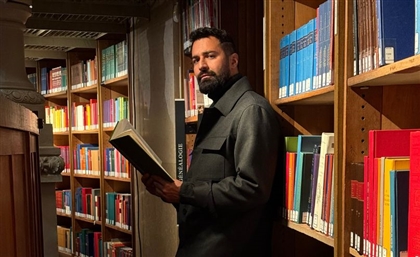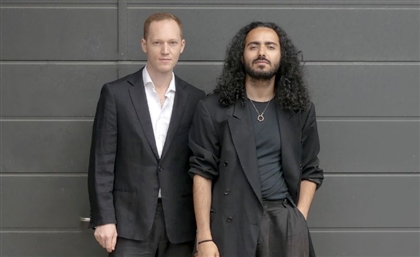Walk in Paris Sets Foot in Cairo with Global Visual Campaign
The short fashion trilogy by Franco-Egyptian Ahmed Razeek is the third installment in the label’s ‘Odysseé’ series, following stops in Seoul and Hotel Le Meurice.
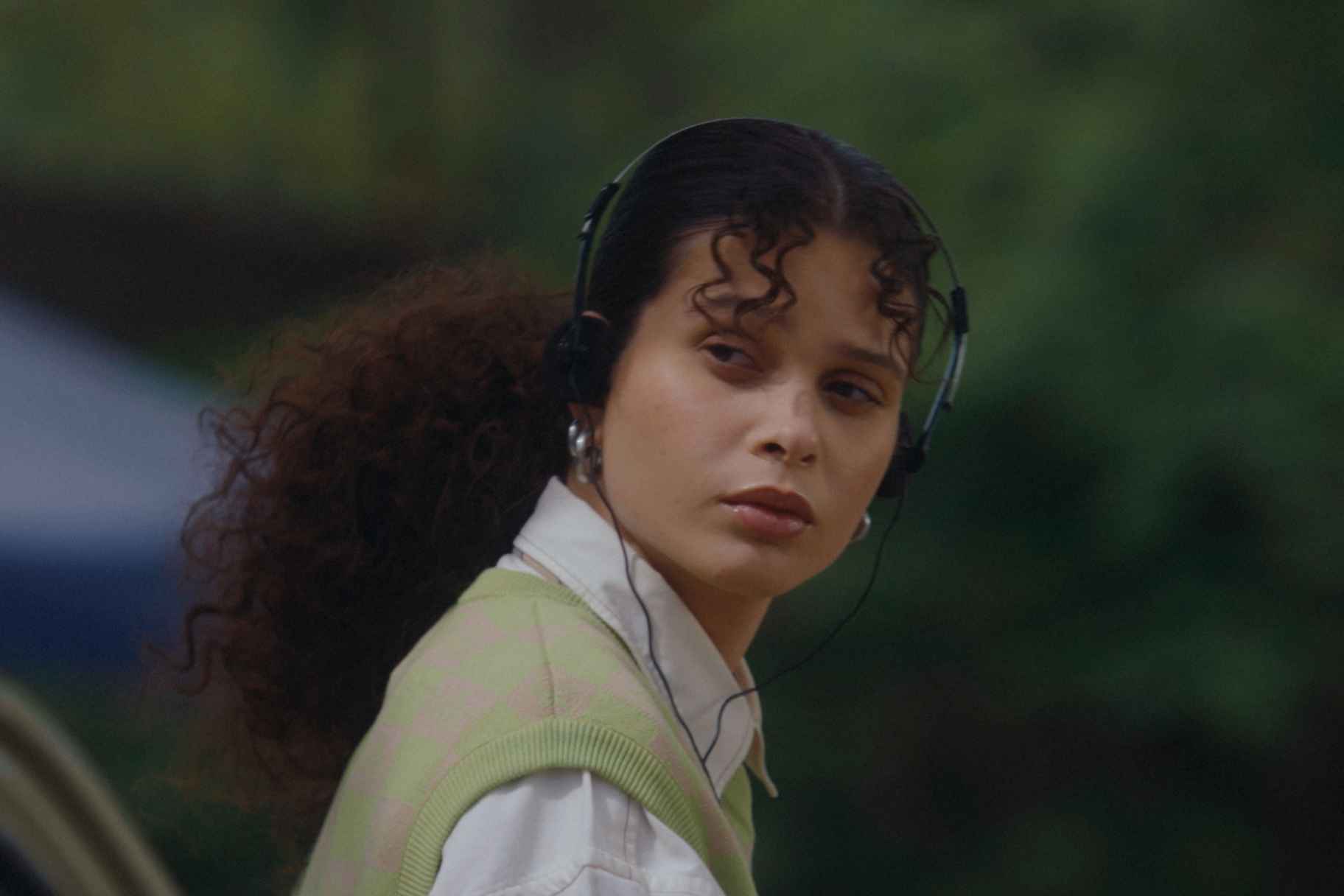
Led by Franco-Egyptian director Ahmed Razeek, Walk in Cairo is the latest project from Parisian streetwear label Walk in Paris, part of its global series of destination-themed visual campaigns. Walk in Paris, more of a “collective” than a traditional brand, frequently embarks on creative ventures, such as hosting events, releasing the album Walk Tape Vol. 1, and leading the global initiative Walk in Paris Odysseé.
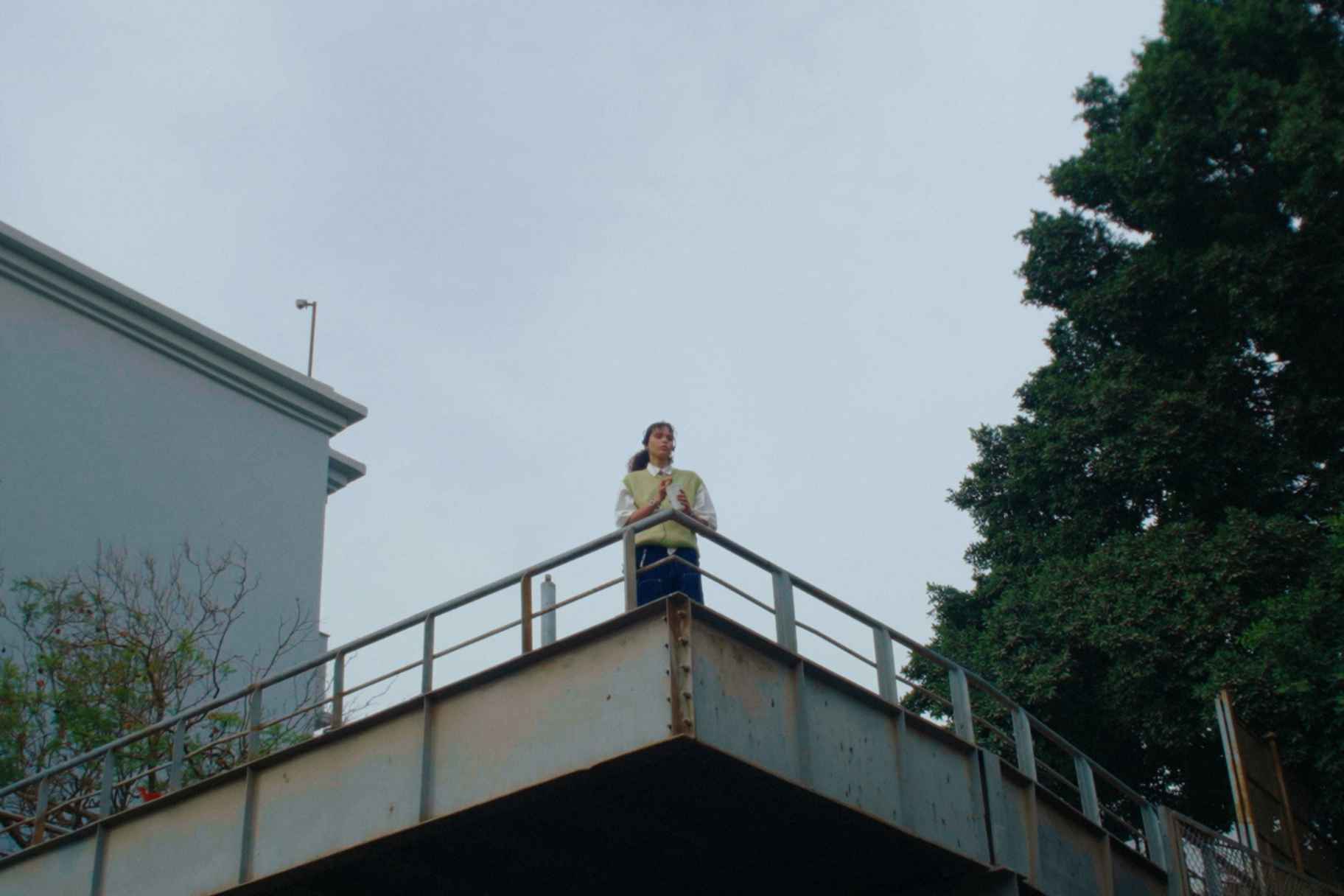
Before arriving in Cairo, the label and Razeek filmed in Seoul and Paris’s Hotel Le Meurice, creating short films that explore the intersection of style and culture. Razeek, a graduate of Paris 8 film school, also founded Rue Creative Studio, a production house specializing in fashion campaigns and music videos. Through Rue, Razeek blends couture and streetwear into a distinct, fashion-forward visual language, which is clearly reflected in Walk in Cairo. This project examines the brand’s “lazy chic” aesthetic through the vibrant lens of Cairo’s urban landscape.
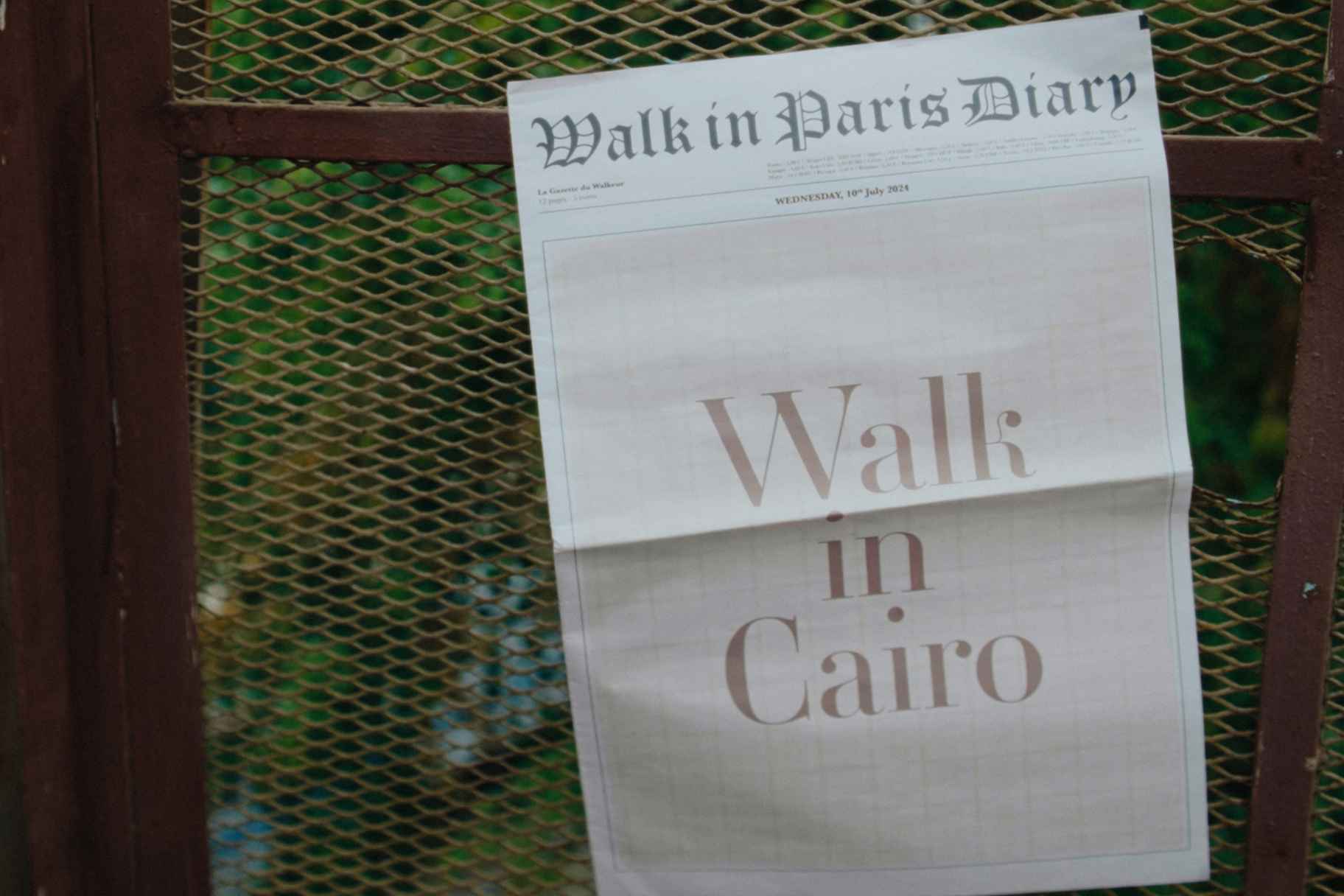
The sequence unfolds across three short episodes, each focused on Duda, the main character, and four boys. “Duda represents me,” Razeek tells Scene Styled. “She’s my eyes in these stories—like me as a kid, just watching what’s happening in the city.” Episode 1 introduces Duda in the aftermath of a car accident, surrounded by quintessential Egyptian characters, including a tuk-tuk driver, a street vendor, and a young man in the Maadi neighborhood as the metro glides by.
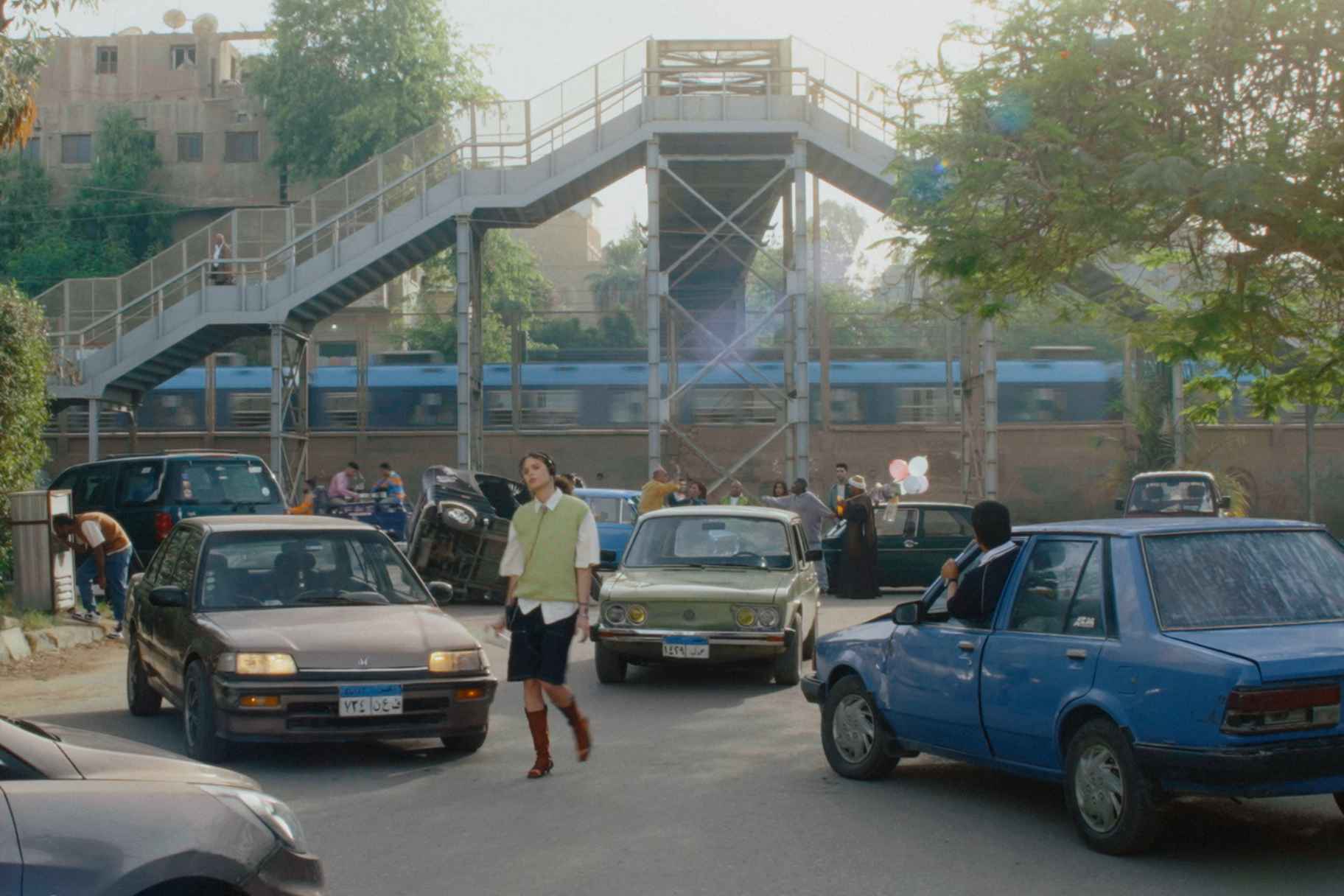
“I wanted her to embody that sense of ‘coolness’—no matter what’s happening, she stays happy and chill,” Razeek continues. “That’s what Walk in Paris is all about—whatever happens, you stay cool.” Episode 2 taps into childhood nostalgia through 7 Stones, a popular game where players knock down a stack of seven stones with a ball. “It’s something we played all the time—it represents those carefree days growing up,” Razeek reflects. Episode 3 shifts to El Mowled, a traditional street festival, showcasing a young man performing 360-degree spins on a swing ride.
“Nostalgia is central to this campaign because it’s tied to how I saw Cairo before leaving for Paris as a kid,” Razeek explains. “I wanted to blend my childhood memories with Walk in Paris, merging my past with the brand’s identity.” The swing-set at the mowled holds particular significance for Razeek, recalling his fascination with the performer spinning on the swings. “I wanted to bring that memory back in a cool, effortless way.”
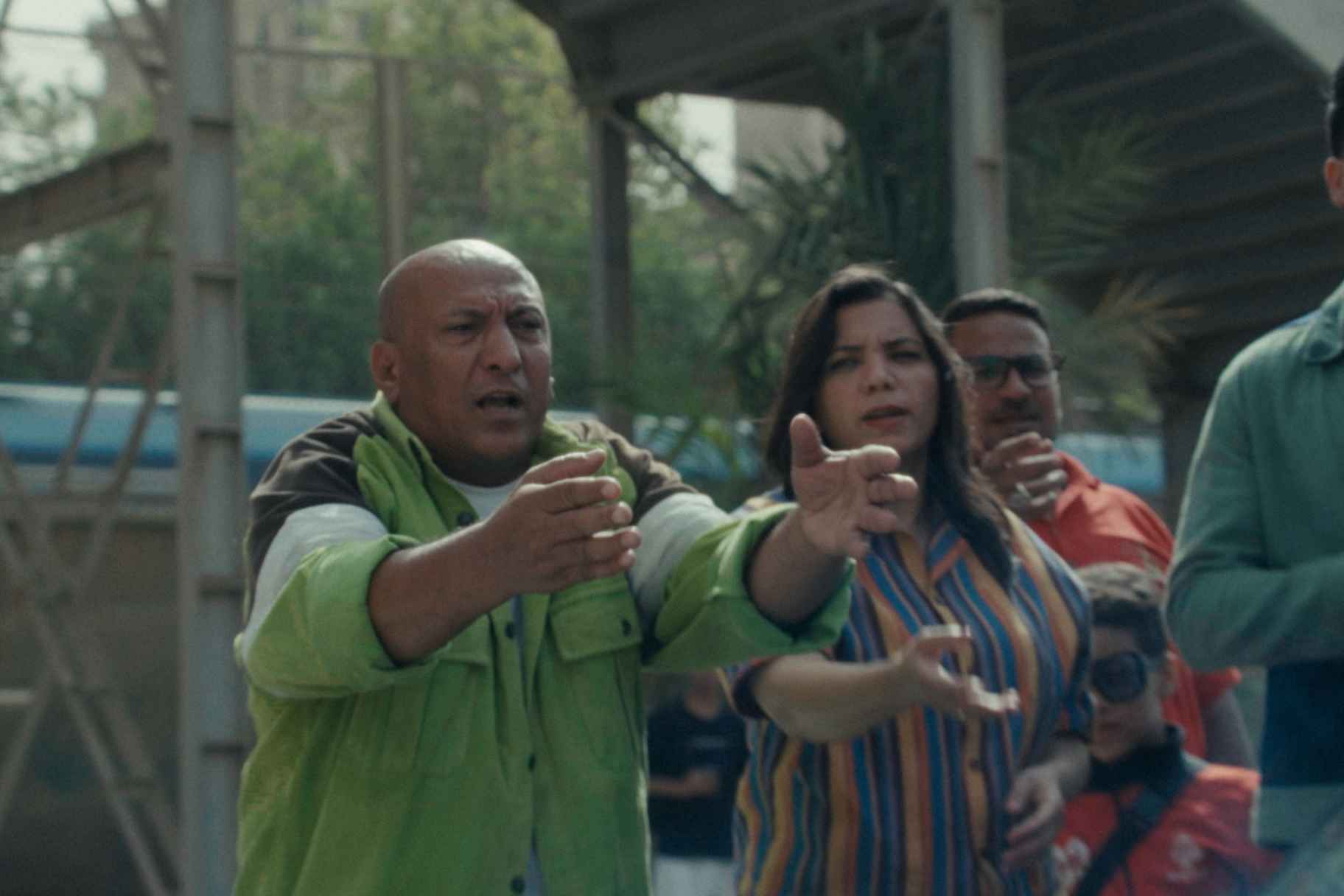
Rather than relying on typical landmarks, the film avoids surface-level portrayals of Cairo, opting instead for an authentic glimpse into the city’s essence. “I was very aware of the clichés often linked to Cairo—like the tourist spots and stereotypes,” Razeek says. “I wanted to show a more genuine side of Cairo by focusing on the real stories of its people, the everyday moments, the local streets, and the beautiful chaos that makes the city unique.”
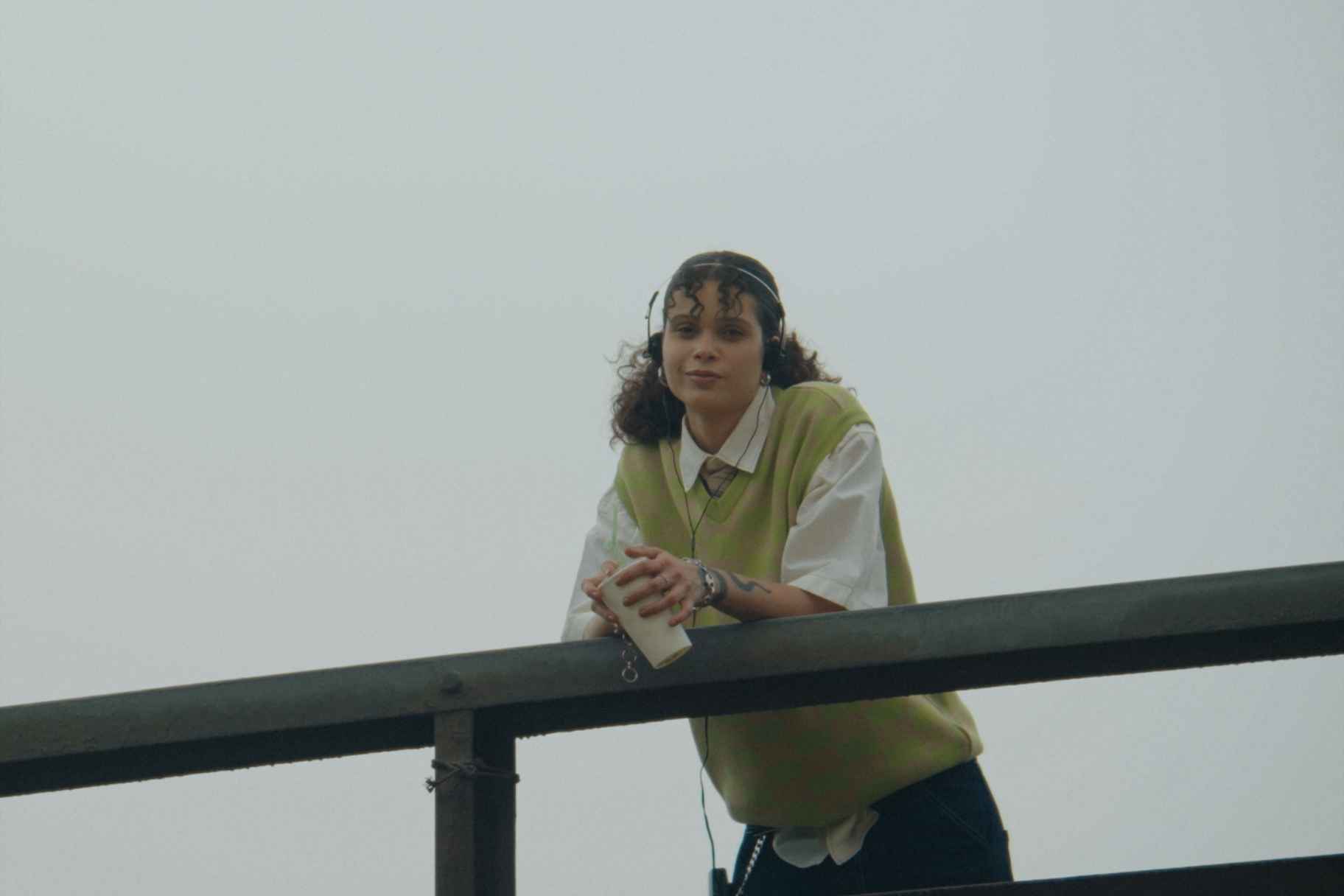
Razeek’s dual Franco-Egyptian heritage plays a critical role in shaping his cinematic vision. “I see myself as a bridge between two cultures—a blend of both worlds.” This perspective permeates his filmmaking, as he captures subtle details only a native Cairene would notice. “My cinematography reflects this fusion, combining Cairo’s vibrancy with Parisian elegance,” Razeek adds. “It’s all about finding that balance—bringing out the real Cairo while adding an artistic twist.”
- Previous Article Nelly Karim Closes Honayda Show at Riyadh Fashion Week
- Next Article Palestinian Designer Zeid Hijazi on Surviving as a 21st-Century Artist
Trending This Month
-
Feb 04, 2026
-
Feb 08, 2026


